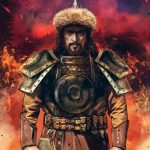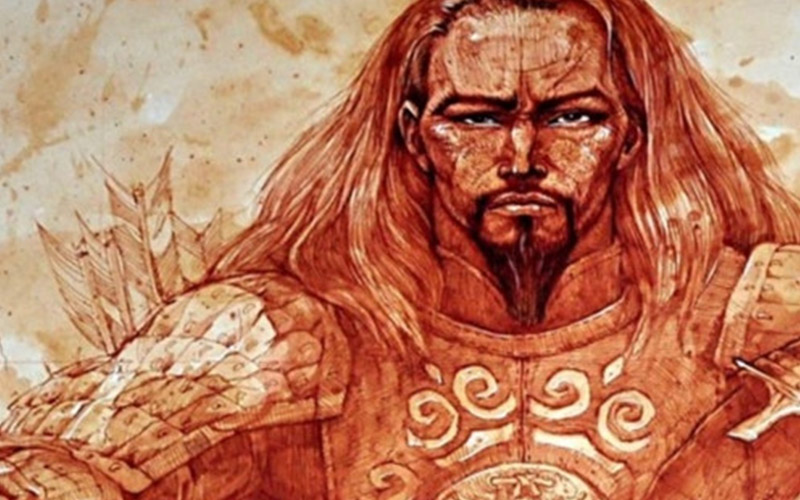
Attila was known for his military prowess, and he led his army on numerous successful campaigns throughout Europe. He conquered many nations and was feared by his enemies for his brutal tactics. Attila was a master of psychological warfare, and his army was known to spread terror wherever they went.
Attila’s conquests were not limited to military victories. He was also a skilled diplomat and used political maneuvering to expand his empire. He formed alliances with neighboring tribes and used his influence to control the trade routes of Europe.
Attila’s reign was not without controversy. He was known for his cruelty and ruthlessness, and his enemies often accused him of unspeakable atrocities. However, Attila’s reputation as a bloodthirsty conqueror was not entirely accurate. He was a shrewd politician and was able to maintain control over his vast empire through diplomacy and strategic alliances.
One of Attila’s most famous military campaigns was his invasion of the Roman Empire. In 451 AD, Attila led his army across the Danube River and into the heart of the Roman Empire. He laid waste to much of the countryside and sacked several Roman cities, including Aquileia and Padua. Attila’s campaign was eventually stopped by the Roman general Aetius, who defeated him in the Battle of the Catalaunian Plains.
After his defeat, Attila returned to his homeland and continued to rule over the Huns until his death in 453 AD. His legacy lived on long after his death, and he was remembered as a great conqueror and warrior.
Attila’s impact on history cannot be overstated. His conquests and political maneuvering played a significant role in shaping the political landscape of Europe. His invasion of the Roman Empire signaled the beginning of the end of the Western Roman Empire and paved the way for the rise of the Byzantine Empire.
Attila was also a cultural icon in his time. He was a symbol of power and strength, and his name was synonymous with military might. He was celebrated in literature and art, and his legacy continued to inspire generations of warriors and conquerors.
In conclusion, Attila the Hun was a legendary figure of the ancient world. His conquests and political maneuvering played a significant role in shaping the political landscape of Europe, and his reputation as a bloodthirsty conqueror has made him an enduring cultural icon. Attila’s legacy continues to inspire and fascinate people to this day, and he will always be remembered as one of the greatest conquerors in history



















Add Comment